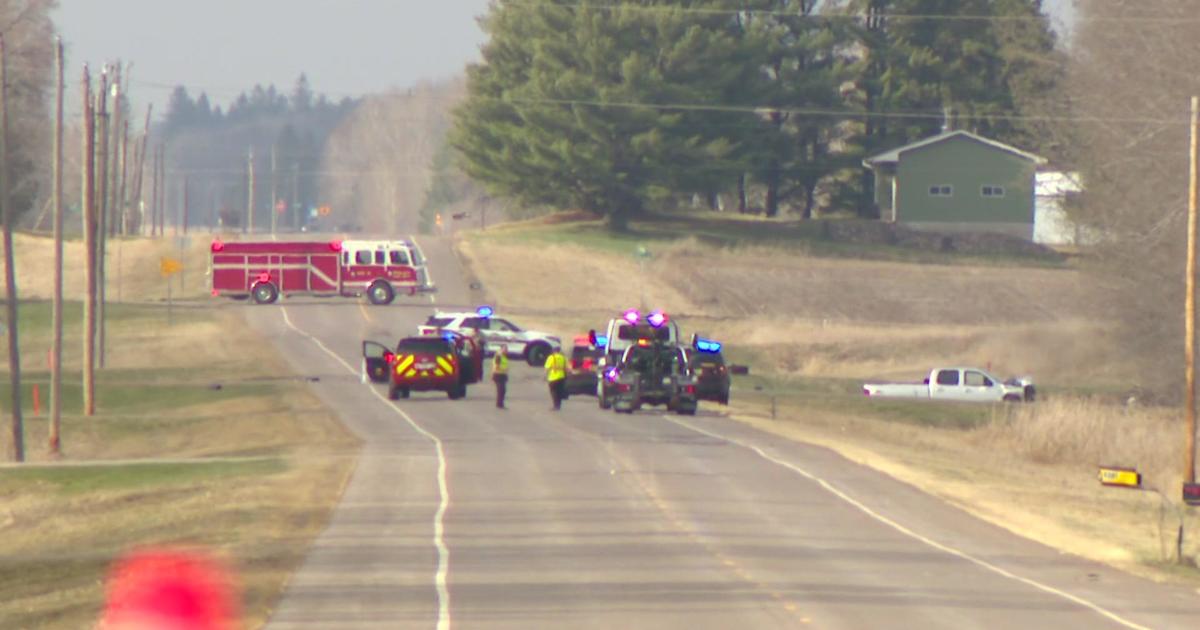Movie Blog: 'Trials of Muhammad Ali' & 'After Tiller' Reviewed
---
Toward the end of Bill Siegel's new documentary, The Trials of Muhammad Ali, a sports journalist says that there are two ways of looking at the great boxer. One has only to do with us, the American public; and the other has to do with him: the man, the fighter, the political and spiritual figure. Siegel's film takes the latter approach, showing that the heavyweight champion's most grueling fights weren't ever in the ring.
Those unfamiliar with Ali's life will be startled by the film's very first moment: a clip of the boxer being verbally pummeled by a talk show commentator who calls him -- to his face -- a "disgrace to his country, his race and what he laughingly calls his profession." Ali looks on stoically, apparently used to such attacks. Though he was the world's champion, he stirred Americans to anger as well as adoration. But why all the hate?
First off, the movie shows, Cassius Clay -- after he'd won the world heavyweight championship -- left his Louisville Christianity for Chicago's Nation of Islam. A big move, both socially and politically. At the time, it was seen as Clay distancing himself from the civil rights movement, with figures like Martin Luther King, and aligning himself instead with Malcolm X and politics that were, for America's white majority, rather unsettling.
While racial realities in Siegel's film appear pretty black and white, the filmmaker fleshes out this tense time in history with testimony from many who were close to Ali in the Nation of Islam, including one of the boxer's former wives and his brother. The persecution that befell the group could be the subject of its own documentary. And it's both amazing and profoundly sad to see how belligerent the press and politicians were with Ali. Siegel shows us many interviews where such professionals refuse, or are extremely reluctant, to call Ali by his own chosen name. Can you think of an athlete today who would be treated with such venomous derision?
And then came Vietnam. If people were upset with him for Islam, this pissed them off immensely. The world champion was drafted, but he refused to go, saying his faith prohibited him from killing. What followed was a court battle that put an ellipses on his boxing career, sapped him of his savings and hung over his head the threat of jail time. He lost nearly all he'd won.
But he never backed down. Trials shows that his almost absurd confidence, which he displayed in the ring like a titan, was evident in his public struggles. Looking back on his life through this work of film-making, we see his statements on religious freedom and justice were so much more than bending a knee in the end zone. He was ready to face a firing squad, if he had to. Siegle, to his great credit, makes us lament the boxer's struggles without ever un-casing the tiny violins. History, so it goes, is a tragedy. Ali's story bears this out. Nevertheless, one can't watch this without sharing Ali's most fundamental, triumphant conviction: that he was, indeed, "the greatest."
---
---
"You're gonna see what you want to see" -- that's the seemingly loaded phrase we hear a late-term abortion doctor tell a patient in the beginning of After Tiller, a doc that gets intimate with a controversy within a controversy.
The hot topic in question is late-term abortions: those done around the twenty-fifth week of pregnancy. These account for, the movie says, fewer than 1 percent of abortions done in the country. And four doctors who perform them are the subjects of this cool-headed movie, directed by Martha Shane and Lana Wilson.
These men and women we follow were students of Dr. George Tiller -- hence the title -- who was fatally shot in the head by an anti-abortion activist while at church in Wichita, Kansas. The bloody act, done in 2009, had a galvanizing effect on his followers, and their thought process goes something like this: If we don't do late-term abortions, who will?
Though very much one-sided -- there's no one offering an anti-abortion perspective -- the film doesn't push the doctors' thoughts on the viewer as much as explore their reasons for doing the difficult work and moral problems they navigate. For instance, the film has many heart-shredding moments wherein pregnant women, shown only at the womb, tell their story in a doctor's office. Some of these women wanted to have babies, but they've found out the children they're carrying are incredibly sick, to the point where the little ones' lives would be short, painful and a series of hospital visits. One woman was raped. Others said they can't afford a kid, or simply don't want one. How the doctor's handle such cases is, among other things, fascinating and heartbreaking to witness.
These doctors also aren't kidding themselves. They're delivering euthanized children. They're not working with bits of tissue or fetuses, one of the doctors says, these are babies. Sometimes the doctors even refuse, on camera, to perform abortions if the woman's reasons for wanting one aren't particularly convincing.
In general, the doctors look at the situation through a utilitarian lens. "What's really helping people?" one says. What's not helping, the movie shows, is acts of violence against the doctors and their families. One doc, in Nebraska, lost many horses when activists set fire to his barn, burning the animals alive. Another, in Colorado, had bullets fly through his office door, causing him to sleep with a rifle in is bedroom. And their colleague, Tiller, before being shot in the head, also suffered multiple other gunshot wounds and activists firebombed his clinic. They've a lot to deal with, and such threats aren't going away.
While certainly not a pro-life film, After Tiller is definitely not for people who can't see both sides. "There's guilt both ways," one of the patients says, in tears. And if you can't understand that, don't expect this film to move you emotionally or change your mind. On the other hand, if you find yourself conflicted about the various technicalities and facts and politics surrounding this topic, know that this movie is as sobering as any work seriously invested in the consequences of life and death.
Note: NARAL Pro-Choice Minnesota, with Family Tree Clinic, Pro-Choice Resources, Minnesota Coalition for Reproductive Choice and Whole Woman's Health are sponsoring the opening night of After Tiller (Friday, Oct. 18 at 7 p.m.). There will also be a Q&A session with a local abortion provider after the screening.



